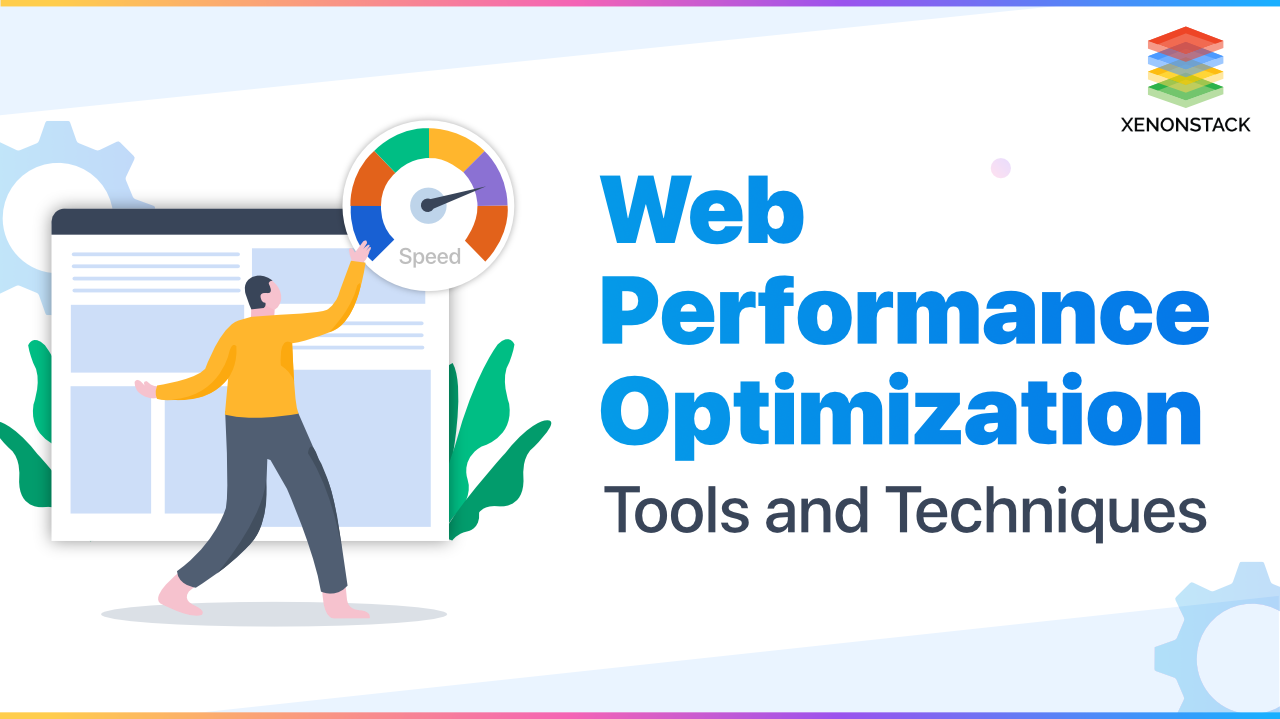The 23rd World Insights
Exploring the untold stories and events from around the globe.
Speed Demons: How Fast Websites Win Hearts and Traffic
Discover why speed is crucial for websites! Learn how fast-loading pages capture hearts and boost traffic like never before.
5 Reasons Why Website Speed Matters for User Experience
Website speed is a critical factor that affects overall user experience. When users visit a website, they expect it to load quickly. Research shows that a delay of just a few seconds can lead to higher bounce rates, meaning visitors are likely to leave the site before it fully loads. This not only frustrates users but also affects your site's SEO ranking. In a world where instant gratification is the norm, ensuring fast loading times can make a significant difference in keeping users engaged and satisfied.
Moreover, the impact of website speed extends beyond user satisfaction; it also influences conversion rates. A slow site can deter potential customers, leading to lost sales opportunities. In fact, a study indicated that even a one-second delay can reduce conversions by up to 7%. This emphasizes the need for website owners to prioritize speed optimization as a vital aspect of their overall strategy. To summarize, here are five reasons why website speed matters for user experience:
- Improved User Retention
- Enhanced SEO Performance
- Increased Conversion Rates
- Better Mobile Experience
- Lower Bounce Rates

How to Optimize Your Website's Speed: A Step-by-Step Guide
In today's digital landscape, website speed is a crucial factor in enhancing user experience and improving SEO rankings. To begin optimizing your website's speed, start by analyzing your current performance using tools like Google PageSpeed Insights or GTmetrix. These tools provide you with a comprehensive report on various elements affecting your site speed, such as image size, server response time, and the efficiency of your code. Based on the results, create a prioritized list of areas needing improvement.
Next, implement the recommended optimization techniques. Consider the following steps:
- Compress images: Use formats like WebP or JPEG to reduce file size without sacrificing quality.
- Minify CSS and JavaScript: Remove unnecessary characters and whitespace to decrease file size and enhance loading speed.
- Leverage browser caching: Set expiration dates for static resources to reduce load times for returning visitors.
- Choose a reliable hosting service: A fast server can significantly impact your loading speed, so do your research before selecting a provider.
By systematically following these steps, you'll not only boost your website's speed but also enhance your overall online presence.
Is Your Website Slow? Here’s How It Affects Your SEO Rankings
In today's fast-paced digital landscape, website speed plays a crucial role in determining your site's visibility on search engines. A slow-loading website not only frustrates users but also leads to increased bounce rates, which signals to search engines that your content may not be relevant or valuable. According to various studies, if a webpage takes more than three seconds to load, about 40% of visitors are likely to abandon it. This abandonment can directly affect your SEO rankings, causing your site to drop in position on search result pages.
Moreover, search engines like Google prioritize user experience when evaluating websites. This means that site performance is now a ranking factor. To improve both user experience and your SEO rankings, consider optimizing your images, leveraging browser caching, and minimizing HTTP requests. Regularly testing your site's speed using tools such as Google PageSpeed Insights or GTmetrix can help you identify issues and implement necessary changes. Remember, a faster website not only keeps visitors engaged longer but also enhances your chances of climbing higher in search engine rankings.